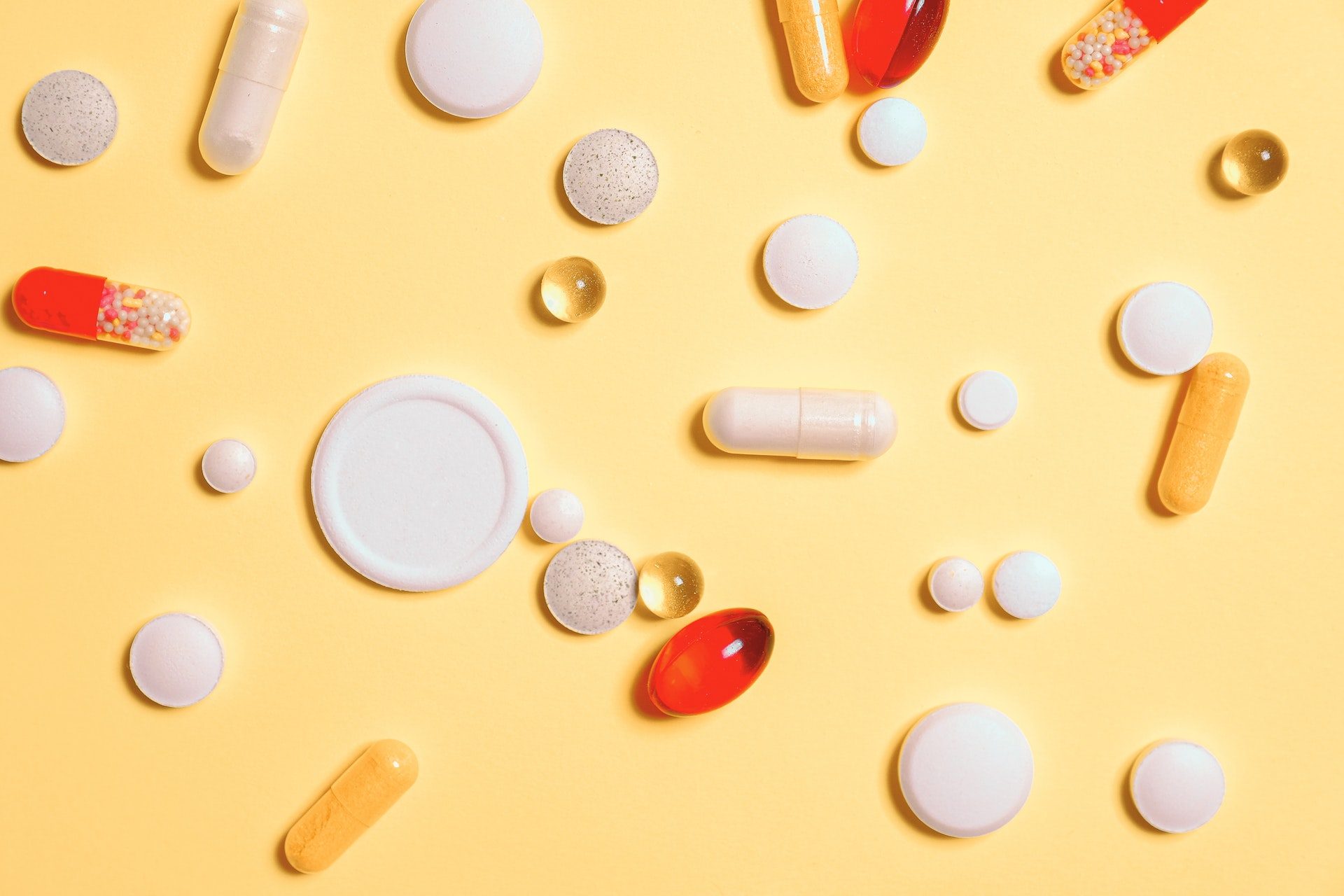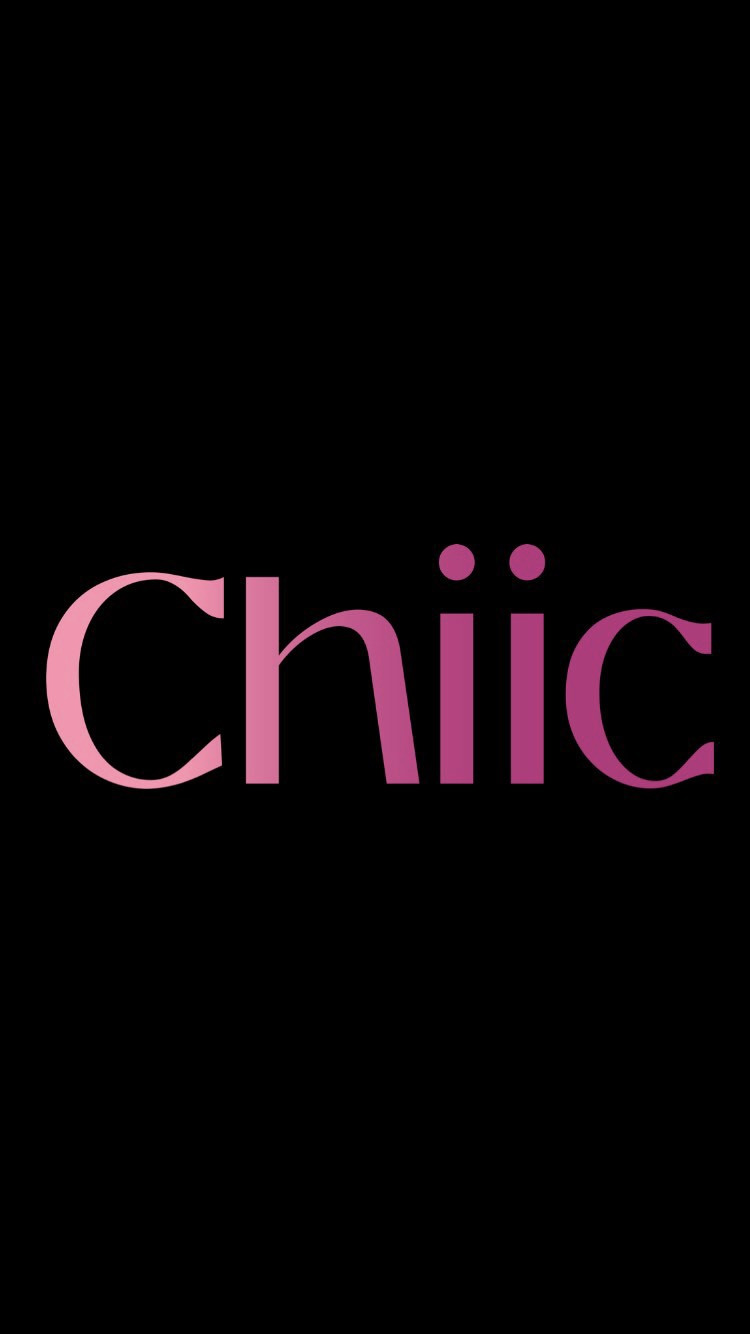Last Updated on 2 years ago by By Chiic Magazine
Vitamins can be food or organic compounds which are essential for normal growth and are usually required in the body in small quantities.
Vitamins well related to minerals are considered essential nutrients because they perform numerous roles in the body. They help shore up bones and heal wounds. They also convert foods into energy and repair cellular damages. Few functions of vitamins are; boosting the immune system, helping prevent or delay certain cancers e.g., prostate cancer, strengthening teeth and bones, aiding calcium absorption, maintaining healthy skins, aiding brain and nervous system functioning, etc.
There are different classifications of vitamins. We have vitamins A, B, C, D, E, F, etc.
Do you wish to know the different types of vitamins and the foods rich in them? Simply examine the following types of vitamins with the foods which contain them:
1. Vitamin A
This vitamin is very important for vision, growth, cell division, reproduction, and immunity. The following foods are rich in Vitamin A: Liver and fish oil, cod liver oil, spinach, broccoli, sweet potatoes, carrots, mangoes, tomato juice, etc.
2. Vitamin B
Vitamin B plays a vital role in maintaining good health and well-being. It serves as the building block of a healthy body. Vitamin B has a direct impact on one’s energy level, brain functions, and cell metabolism. The following foods are rich in Vitamin B: Liver and other meat organs, eggs, milk, beef, oysters, legumes, etc.
However, it is important to know that Vitamin B has different types:
A. Vitamin B12: It keeps the blood and nerve cells in the body healthy.
B. Riboflavin: It is used for energy production and the breakdown of fats.
C. Vitamin B6: It helps the body to use and store energy from protein and carbohydrate foods
D. Folic acid: It is also known as Vitamin B9
E. Niacin: It helps the body to convert food into energy.
F. Pantothenic acid: It also helps to convert protein, carbohydrate,s, and fat into energy.
G. Biotin: It helps to boost the health of the hair and nails.
H. Cyanocobalamin: It helps in fighting Vitamin B12 deficiency (anemia).
I. Pyridoxine: It helps in treating all forms of nerve disorders.
J. Thiamine pyrophosphate: It helps in fighting deficiency in Vitamin B1.
K. Nicotinamide: It helps in the maintenance of healthy cells.
L. Methylcobalamin: It helps the brain and nerves to function properly and also helps in the production of red blood cells.
It is highly important for one to have a good level of Vitamin B in the body because once the Vitamin B level is low, constipation, diarrhea, loss of appetite, muscle weakness, etc. will begin to come up.
3. Vitamin C
It is a vitamin found in various foods and sold as a dietary supplement. It is an essential nutrient involved in the repair of tissues and the formation of collagen. The following foods are rich in Vitamin C: Raw guava, tomato juice, orange juice, strawberries, potatoes, pineapples, lemon, etc.
Vitamin C helps to prevent cells from breaking down and also keeps them healthy. It also maintains blood vessels and cartilage.
4. Vitamin D
They are vitamins responsible for increasing intestinal absorption of calcium, magnesium, and other biological effects. The following foods are rich in Vitamin D: Fatty fish, mackerel and salmon, dairy products, beef liver, cheese, egg yolks, oranges, etc.
The sun is also said to be the best source of Vitamin D. However, it is the early morning sun, not the afternoon scorching sun. When Vitamin D is low in the body, it can lead to loss of bone density.
5. Vitamin E
It is a nutrient to the body to support the immune system and help cells to regenerate. The following foods are rich in Vitamin E: Peanuts, pumpkin seeds, almonds, goose meat, mangoes, turnip greens, etc.
6. Vitamin F
Vitamin F supplies food calories, provides structure to cells, supports growth and development. The following foods are rich in Vitamin F: Walnuts, chia seeds, sunflower seeds, soya beans oil, olive oil, corn oil, etc.
Vitamin F is also involved in major bodily functions like blood pressure regulations.
7. Vitamin K
These vitamin nutrients are used to prevent and treat certain blood clotting (coagulation issues). The following foods are rich in Vitamin K: Mustard greens, spinach, broccoli, beef liver, chicken, liver paste avocados, hard cheese, etc.
All vitamins are needed in small quantities in the body in order to help body growth. Once a particular vitamin is low in the body of an individual, the person becomes deficient in such a vitamin, and breaking down becomes inevitable.
Stay healthy!
Stay strong!





